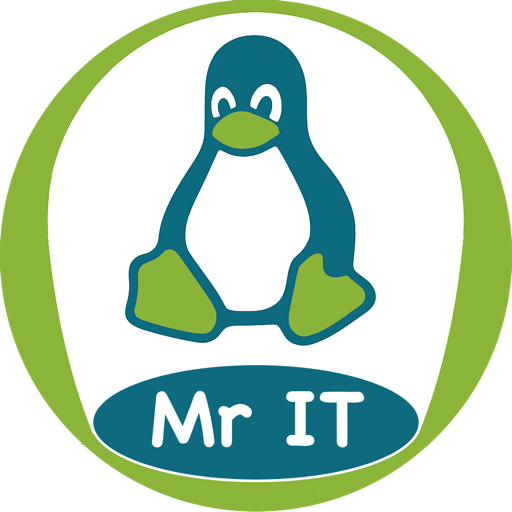Navigating Privacy in the Digital World
Online services are a staple of modern daily lives, from social media platforms to your many subscription-based utilities. And, most services require that you sign up with an email address. This simple requirement can have unforeseen consequences on your privacy and security. Using your primary email address is more risky than you imagine, even when it seems to be more convenient.
Why not improve your privacy security with Fastmail? It encourages safeguarding your personal information. It would hardly be any extra effort, if you were to make taking an extra step part of your personal privacy routine, every time when you sign up for a new online service. Not using your primary email address is a minor extra step in what already feels like a digital labyrinth to navigate.
The Risks of Using Your Primary Email Address
Using your primary email address exposes you to several risks when you sign up for a new or unknown service. Cultivate a privacy mindset. You would not want to make it easier for your personal information to become accessible to even more potential data brokers, right? Unintended data breaches are becoming increasingly common, which puts our sensitive information at risk of being compromised. The influx of spam email, whether they are overwhelming or simply annoying, is the result of our primary email addresses being passed on.
And, the difficulty in disconnecting myself from services and providers I no longer use (or trust), is enough reason to wish for me to had never given out my primary email address in the first place. This was indeed how I used to operate a long time ago, before I improved my privacy security with Fastmail.
The Case for Email Aliases
One effective strategy to mitigate the mentioned risks and annoyances, is to use email aliases whenever possible. Adopting this approach allows you to maintain control over your online interactions, without exposing your primary email address to potential privacy violations. To me, this is just as important to my sanity as blocking unwanted callers from getting through to me on my iPhone. While this (phone) point is off topic, I mention it because this specific setting ensures that I only receive calls from my Contacts and people whom I have, in fact, called before. Similar to cutting down on potential email spam, this iPhone setting cuts down on interactions with people who want to solicit something from me.
Increased Control and Enhanced Privacy
Email aliases act as a buffer between your real email address and the online world, giving you the power to easily sever ties with services. This separation not only enhances your privacy by keeping your primary email address out of the hands of third parties but also reduces the likelihood of your information being shared with data brokers and advertisers. Fastmail is a great vehicle for improving your overall privacy security. To become even more safe, learn how to silence unknown callers on your iPhone.
Practical Solutions and Best Practices
The most practical and straightforward solution is utilizing email aliases. My favourite provider for a paid email service where you would truly be the customer (and not the product) is Fastmail. They offer users the ability to create multiple aliases designed to funnel email back to their primary email inbox. They make it easy to create email aliases, and if necessary, to delete them afterwards. This is the simplest way to prevent unwanted persistent communication from any online service that you may have walked away from. By using an alias, you can sign up for new or unknown services with peace of mind, knowing that you can easily delete the alias if the service no longer serves you or if privacy concerns arise.
Conclusion
In our interconnected digital world, protecting your personal information is more important than ever before. While using your primary email address for online services may seem like a small matter, it can have significant implications for your privacy and security. By adopting the practice of using email aliases, you can safeguard your digital footprint, ensuring a cleaner inbox and a more secure online presence.
We must strike a balance between convenience and privacy, when we engage with online services. It is a bit overwhelming, but taking proactive steps to protect our personal information is becoming increasingly important. The use of email aliases represents a simple yet effective strategy in maintaining control over who has access to our personal information and how it gets used.
A year ago, I wrote LastPass breach — should you move on?, wherein I expressed my preference for Bitwarden, as a great password manager. That is still my position, and I have assisted many people in their journey to adopt it.
The following is not an affiliate link!
If you were to sign up for Fastmail’s privacy-first email service, I would not be making any money from you clicking on the link. Go ahead and try it for free for up to 30 days, no obligation and no credit card required. Make your smart first move in walking away from using a free email service — you know there is no such thing as free, there is always a cost of some sort, even when no actual money comes out of your wallet… In my experience, everyone has always been happy that they explored it, and they all stayed on it.
Once you are on Fastmail, experiment with email aliases and masked email addresses, and note that these concepts are not quite the same thing. It can even import all your existing email effortlessly!
If you are looking to secure your online interactions, there is no better way than using Fastmail and Bitwarden to start navigating privacy in the digital world.

